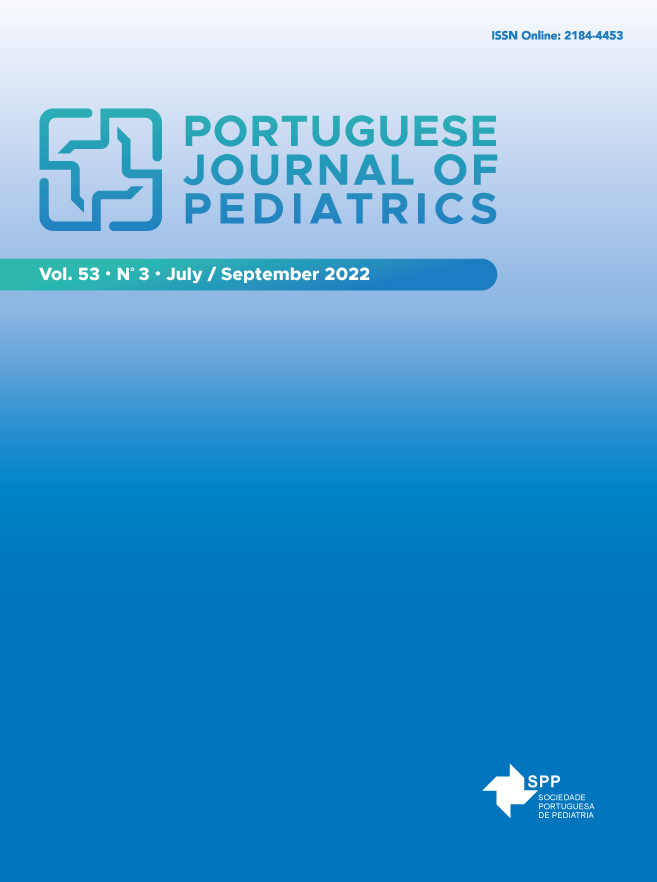Education Value and Impact of a Pilot Peer-Led Health Promotion Program on the Management of Adolescent Overweight
DOI:
https://doi.org/10.25754/pjp.2022.25144Abstract
Introduction: Obesity is the most prevalent pediatric disease worldwide. The involvement of medical students as peer-led health promotors in a multidisciplinary adolescent weight management program may enhance weight management while raising awareness of medical students about adolescent obesity. This study aimed to analyze the short- and long-term impact of a peer-led health promotion program, involving medical students, on physical activity behavior, anthropometrics, and life quality of adolescents with overweight / obesity and to evaluate perceptions of adolescents and students about the program.
Methods: Three editions (approximately six months each) of the program were conducted in consecutive years. Anthropometrics, quality of life, and physical activity behaviors of adolescents with overweight were assessed at baseline, at the end of each edition, and in the long term. Long-term participant and perceptions of students were further analyzed.
Results: In total, 30 pairs of adolescent-plus-“buddy” were enrolled in the program across the three editions, of whom 17 (56.7%) completed at least two assessments, five and two attended two and three program editions, respectively. The body mass index z-score (edition 1: d = 0.50, p = 0.007; edition 2: d = 0.69, p = 0.270; edition 3, d = 0.10, p = 0.450) and waist toheight ratio (edition 3, d = 0.03, p = 0.001) of adolescents decreased over time, and the quality of life tended to improve among those whose body mass index z-score (d = 0.84, p = 0.118) was decreased. The number of adolescents enrolled in structured physical activity increased after participating in the program. Overall, perceptions of adolescents about the program were positive. “Buddies” considered the program very good in increasing their awareness of adolescent obesity.
Discussion: Based on the obtained results, the program had a positive modest impact on all assessed measures and showed to be a positive experience for medical students. These results further suggest that different contexts of medical education may benefit from similar interventions.
Downloads
Downloads
Published
Issue
Section
License

This work is licensed under a Creative Commons Attribution-NonCommercial-NoDerivatives 4.0 International License.









